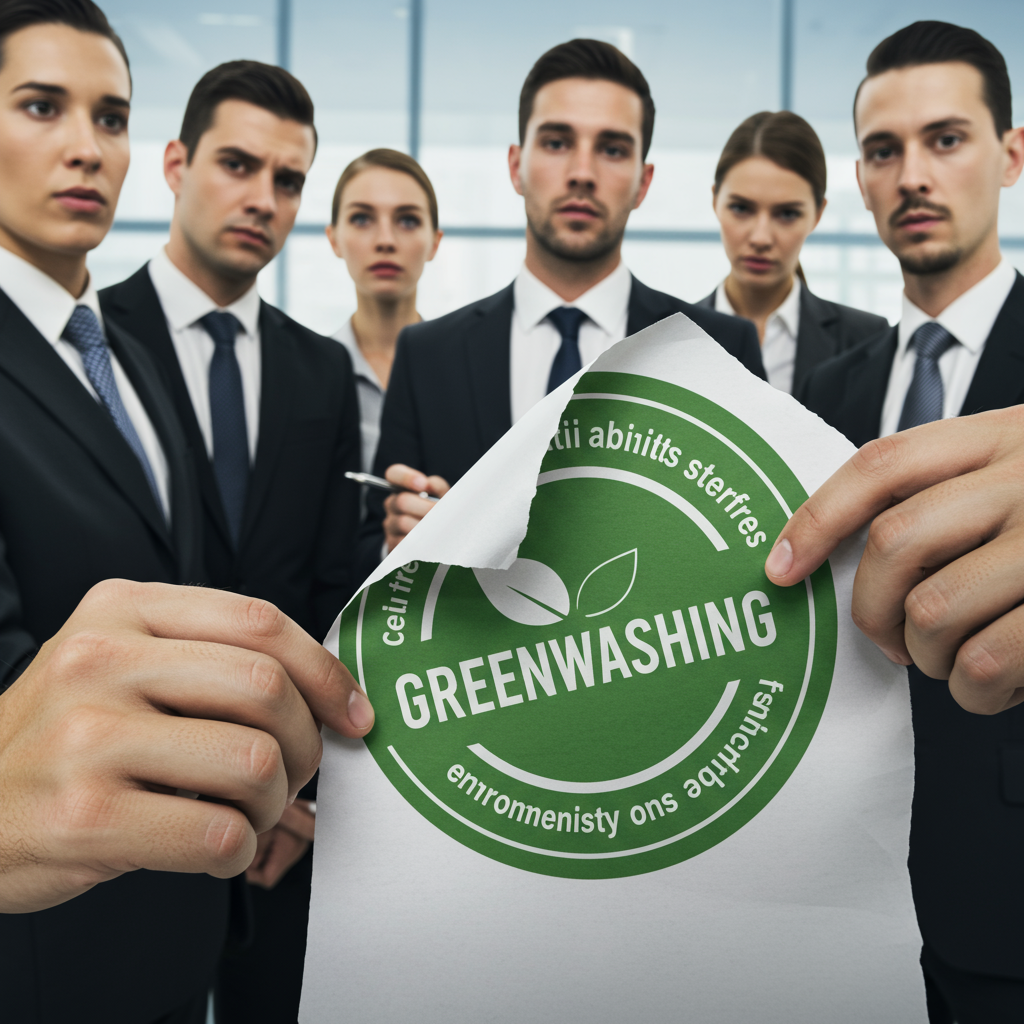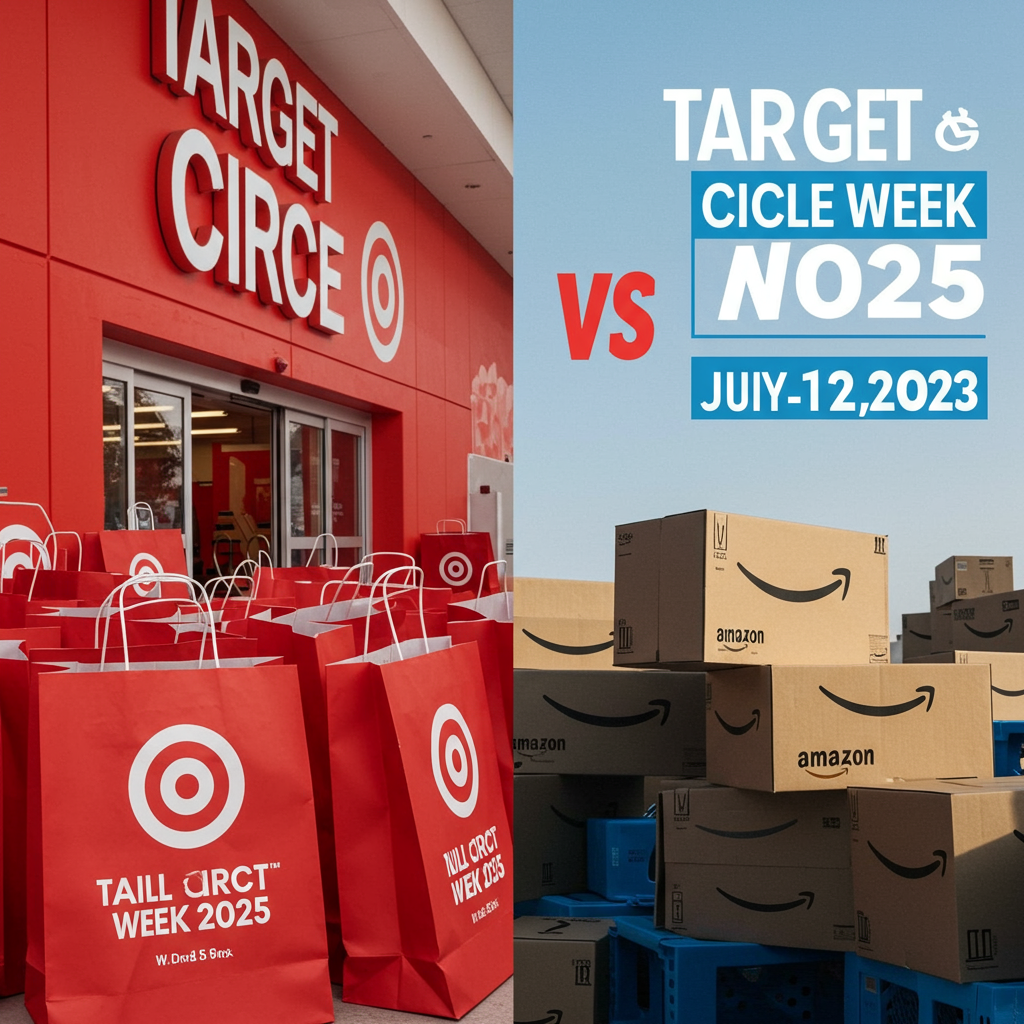Global sustainability certifications are facing intense scrutiny. The B Corp scheme, which recognizes companies for high social and environmental performance, is currently navigating significant challenges. Accusations of “greenwashing” are leading some long-time members to question its credibility and even abandon their certification. This controversy highlights the growing debate about how to genuinely measure and verify corporate sustainability in a complex global economy.
Why Some Companies Are Leaving B Corp
One prominent example is Dr. Bronner’s. This natural soap company, a certified B Corp for a decade, publicly announced its departure earlier this year. They felt the accreditation was no longer stringent enough. Their core complaint? B Corp seemed too eager to certify large multinational corporations.
Accusations of Enabling Greenwashing
Dr. Bronner’s directly accused B Lab, the organization running B Corp, of “enabling greenwashing and purpose washing by multinationals.” They found it unacceptable to be grouped with “large multinational CPG [consumer packaged goods] with a history of serious ecological and labour issues.” Remaining certified, they stated, contradicted their mission. A specific point of contention for Dr. Bronner’s was the 2022 B Corp certification of Nespresso. Nespresso is owned by Swiss food giant Nestlé.
The Nespresso Controversy
The inclusion of Nespresso particularly rankled Dr. Bronner’s. They referenced past accusations from 2020 concerning child labour among Nespresso coffee suppliers in Guatemala. Nespresso had responded at the time by stating a “zero tolerance” policy for child labour. They promised immediate action. However, Dr. Bronner’s viewed Nespresso’s history as incompatible with the B Corp ethos.
In response, Nespresso has defended its certification. A company spokesman stated it acknowledged their “long-standing commitment to sustainability.” This includes efforts to support coffee farmers. They added that the certification resulted from a “rigorous B Impact Assessment.” This assessment, they claim, covered all environmental and social aspects of their business and supply chain.
B Corp’s Structure and Upcoming Changes
The B Corp scheme began in 2006. It now boasts over 9,600 members worldwide. These span 102 countries and 161 industries. The “B” signifies “beneficial.” Accreditation is often sought to attract environmentally and socially conscious customers. B Lab notes that over 96% of its members are small and medium-sized businesses. It declined to share the exact number of multinationals.
The current certification system requires companies to score at least 80 out of 200 points. These points are across various environmental and social criteria. This system allows companies to compensate for weakness in one area by being strong in another.
Raising the Bar: New Standards Ahead
Significantly, B Lab is implementing major changes. From 2026, the points system will be replaced. Instead, companies must meet minimum requirements across seven specific “impact topics.” These include fair work, human rights, climate action, and environmental stewardship. Third-party verification of performance is also being introduced. Companies will need to demonstrate continuous improvement.
Chris Turner, chief executive of B Lab UK, framed these changes positively. He said they aim to make standards “more rigorous.” The goal is to “raise the bar for businesses.” This, he hopes, will make the certification “more transparent and credible.” He noted that adapting will vary for businesses. Some will find it easy, while others face “significant work.” While denying the changes specifically target big businesses, he acknowledged that larger companies have “bigger potential for impact.” Thus, they “need more rigorous checks.”
More Companies Voice Concerns
Dr. Bronner’s isn’t the only company to leave. UK pet food company Scrumbles also gave up its certification this year. Co-founder Aneisha Soobroyen felt B Corp’s focus had shifted. She saw “growing membership” prioritized over advancing sustainability efforts. Scrumbles donated its annual recertification fee (£8,500) to Save The Children.
Nancy Landrum, a professor at Munich Business School, offers perspective. She calls B Corp a “good starting point.” It’s great for businesses beginning their sustainability journey, she notes. However, she believes B Corp and most similar schemes “simply don’t go far enough.”
Dr. Bronner’s CEO, David Bronner, remains confident. He believes leaving B Corp won’t hurt sales due to their strong brand. He stated they would “re-join tomorrow” if tougher rules on multinational supply chains were implemented. In the meantime, Dr. Bronner’s launched its own initiative. It’s called the “Purpose Pledge.” This scheme focuses on living wages, accountability, and supply chain integrity. So far, 14 other companies have joined.
Wider Scrutiny on Green Claims
The B Corp debate is part of a larger trend. Companies’ environmental and social claims face increasing skepticism and legal challenges globally. Regulators and watchdog groups are cracking down on misleading sustainability marketing, often termed greenwashing.
For instance, the EU Taxonomy, a classification system for sustainable investments, faces a lawsuit. Campaigners argue it labels some fossil fuel-powered aviation and shipping assets as “green.” They say the efficiency standards are too weak. This sends the “wrong signal” to investors.
Similarly, athletic apparel company Lululemon faces greenwashing accusations. An environmental group filed a complaint in France just before the Paris Olympics. They point to Lululemon’s greenhouse gas emissions. These emissions nearly doubled between 2020 and 2022. This increase occurred despite their “Be Planet” sustainability campaign. Investigations and lawsuits are ongoing.
In India, biscuit giant Britannia also faced backlash. Their Cannes Lions-winning campaign was critiqued. An expert fact-checked the campaign’s environmental claims against the company’s sustainability report. She found significant increases in water use, emissions, and plastic waste. Britannia responded by saying the increases correlated with operational expansion and extended reporting boundaries. They maintained they were in the “nascent stage” of their sustainability journey.
These cases show the difficulty in verifying corporate sustainability. They highlight the tension between marketing claims and actual impact. The pressure on companies and certification bodies to demonstrate real, measurable progress is intensifying.
The Future of Corporate Accountability
The challenges facing B Corp reflect this evolving landscape. As public awareness grows, demand for genuine corporate responsibility increases. Certification schemes must adapt to maintain trust. Stricter standards, increased transparency, and third-party verification are becoming essential. Companies, regardless of size, must navigate complex supply chains and make credible commitments. The B Corp controversy serves as a clear indicator. The era of easy sustainability claims is ending. A new era of rigorous accountability is beginning.
Frequently Asked Questions
What is B Corp certification and why are some companies leaving?
B Corp is a global certification for companies meeting high social and environmental standards. It’s run by the non-profit B Lab. While popular, some companies, like Dr. Bronner’s and Scrumbles, are leaving. They argue the standards aren’t strict enough, particularly regarding large multinational members. They feel the scheme risks enabling greenwashing by allowing companies with complex social or environmental issues to become certified.
How are B Corp’s standards changing, and will they be stricter?
Yes, B Corp is introducing significantly stricter standards starting in 2026. The current points system will be replaced. Companies will need to meet minimum requirements across seven specific impact areas, including human rights and climate action. Third-party verification will also be required. These changes aim to make the certification more rigorous, transparent, and credible for businesses of all sizes.
How does the B Corp greenwashing debate fit into the broader challenge of corporate sustainability claims?
The B Corp controversy is one example of widespread skepticism towards corporate green claims. Globally, environmental groups and consumers are scrutinizing companies’ sustainability reports and marketing. Recent lawsuits and complaints target various companies and even regulatory frameworks (like the EU Taxonomy) for allegedly lenient “green” classifications. This suggests a growing demand for clearer, more verifiable evidence of positive environmental and social impact beyond simple certifications or marketing campaigns.




